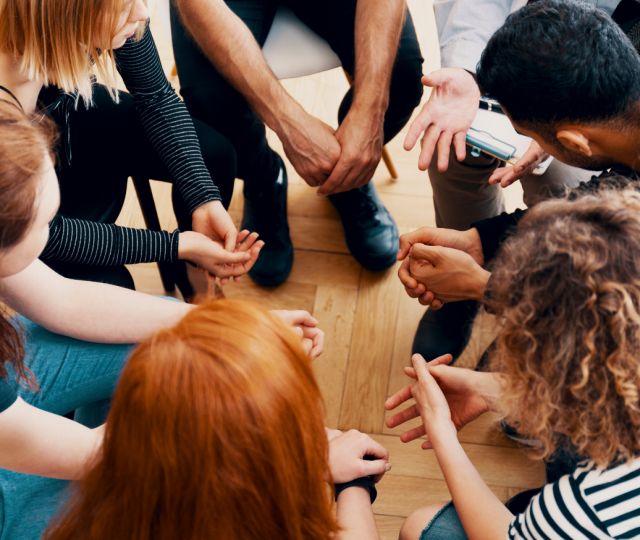Supply distribution
Harm reduction programs provide supplies for safer injection, safer smoking and safer sex.
Safer Sex & Drug Use | BCCDC Toward the Heart
We support needle distribution not needle exchange as an evidence-based strategy to improve health as directed by the Provincial Harm Reduction Strategies and Services program. Needle distribution is also supported by the BC Centre for Disease Control, Ministry of Health and CATIE - Canada's source for HIV and hepatitis C information.
Learn more about harm reduction supplies and programs for GBQ+ men and gender diverse people:














